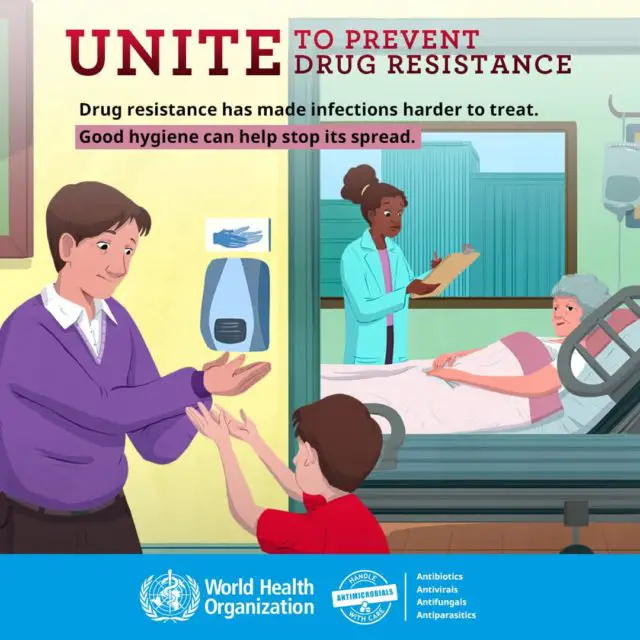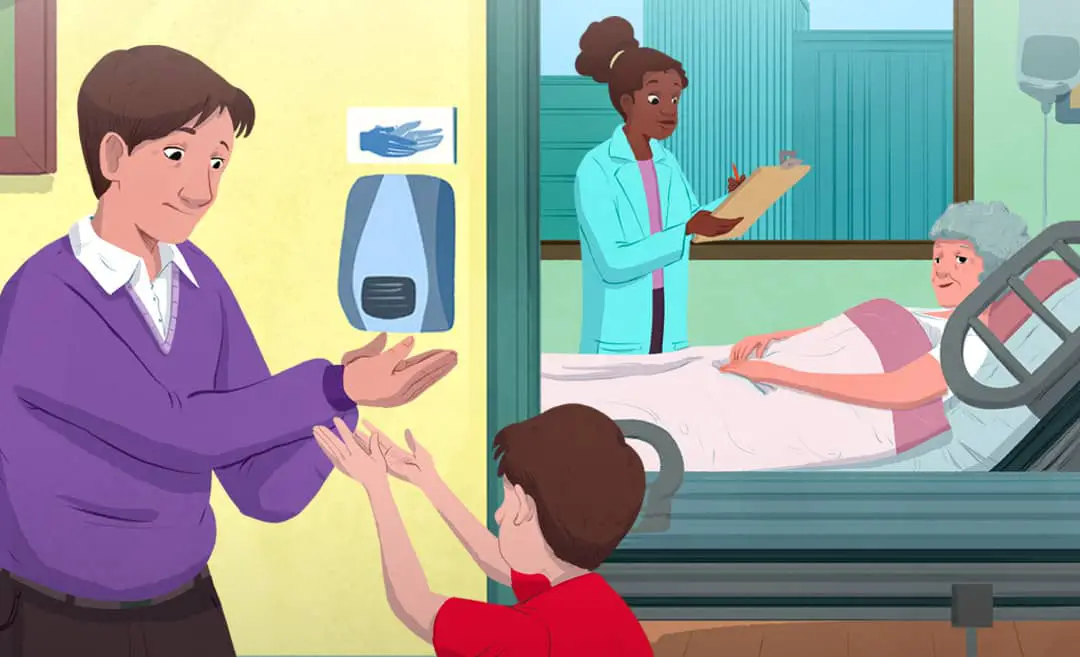It’s World Antibiotics Awareness Week (16th to 22nd November) and the Infection team at St Mary’s Hospital is reminding us why it is important to only take antibiotics when we really need them.
Antibiotics are essential to treat serious bacterial infections such as pneumonia, meningitis and sepsis. They also help to protect people that are vulnerable to infections from other health conditions, helping ward off infections during chemotherapy, caesarean sections and other surgeries.
Encouraging harmful bacteria to become resistant
But taking antibiotics when you don’t need them for illnesses like coughs, earache and sore throats that can get better by themselves puts you and your family at risk, as this encourages harmful bacteria that live inside you to become resistant.
Macnaughton: Reduce your risk of contracting bacterial infections
Dr Emily Macnaughton, Consultant Microbiologist at St Mary’s Hospital says antibiotic resistance is a real concern but we can all do our part to keep antibiotics working:
“Antibiotic resistance occurs when bacteria develop ways to stop antibiotics from working. The more antibiotics are used, the more likely antibiotic resistance will occur and when resistant bacteria cause an infection it is much more difficult to treat.
“Common conditions like kidney infections and pneumonia have already started to become untreatable so it is really important to always take your doctor, nurse, midwife or healthcare professional’s advice on antibiotics and only take them when really needed.
“We are all very familiar with the need to wash our hands more often and by washing your hands regularly, and properly, you can reduce your risk of contracting bacterial infections too. It is simple advice but as we have seen with Covid-19, it can make a big difference to reducing the transmission of viruses and infections.”
How we can all do our bit to help protect antibiotics:
- Ask your pharmacist to recommend medicines to help treat cold or flu symptoms or pain
- If prescribed take antibiotics exactly as prescribed, never save them for later, never share them with others.
- Do not request antibiotics for cold and flu symptoms or other infections which are likely to be viral e.g. sore throat, ear infection, shingles
- To spread the word, tell your friends and family about antibiotic resistance

Become an Antibiotics Guardians
This Antibiotic Awareness Week, as well as follow the advice about antibiotic use, we are encouraging IOW NHS Trust staff to become Antibiotics Guardians by visiting the Website and making a pledge about how they will make better use of antibiotics and help save these vital medicines from becoming obsolete.
News shared by Isle of Wight NHS Trust press office, in their own words. Ed




